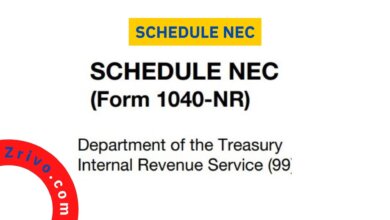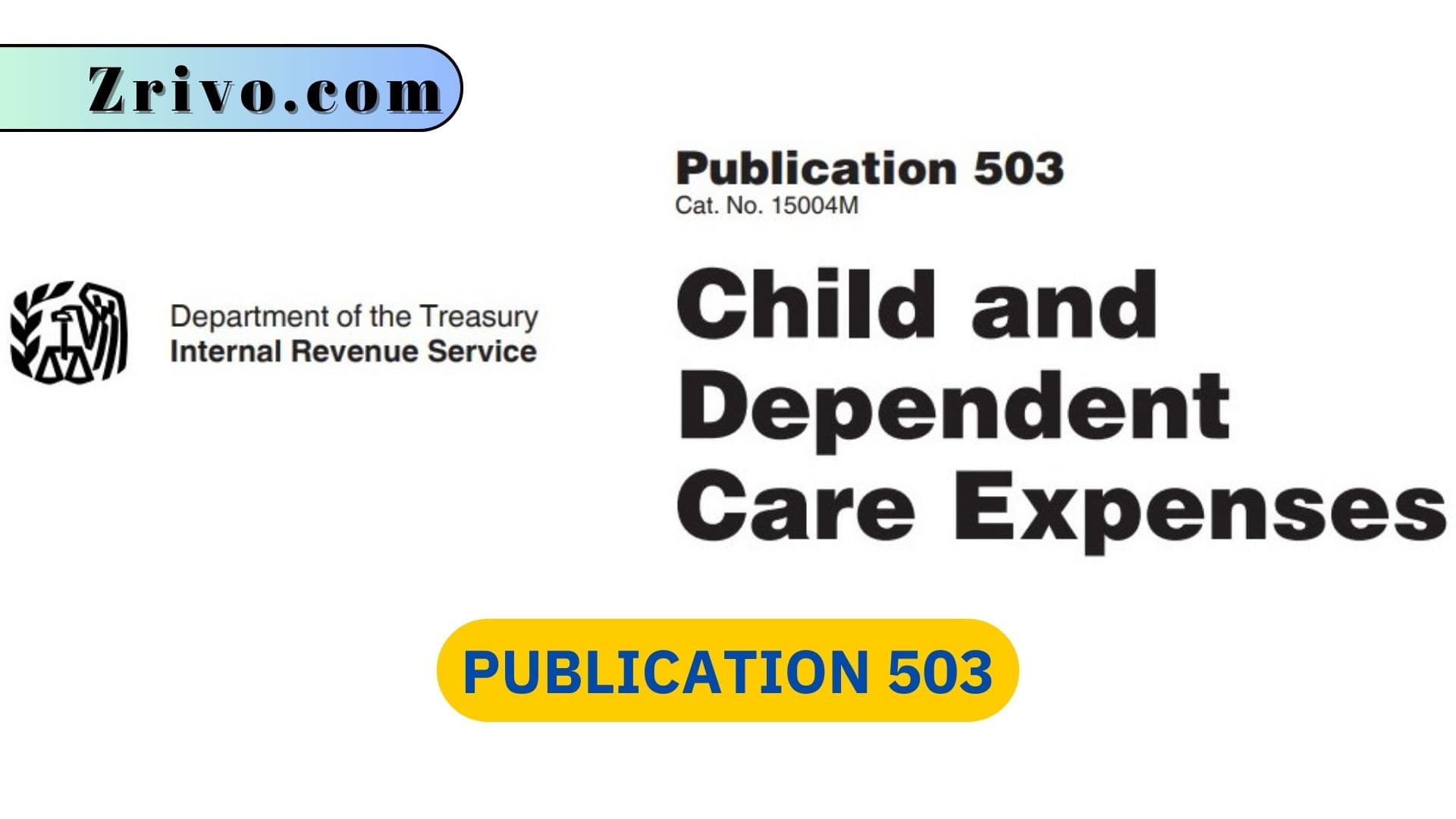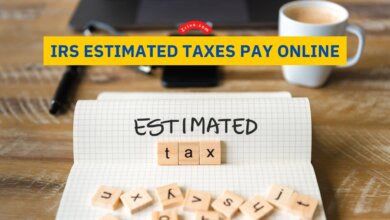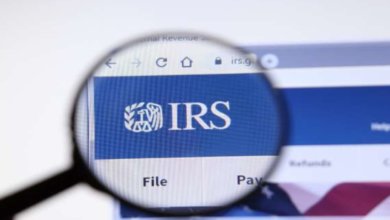IRS Tax Collection Process
Once the IRS determines that you owe taxes, it starts collecting them. This article covers important details on how the IRS collects taxes.
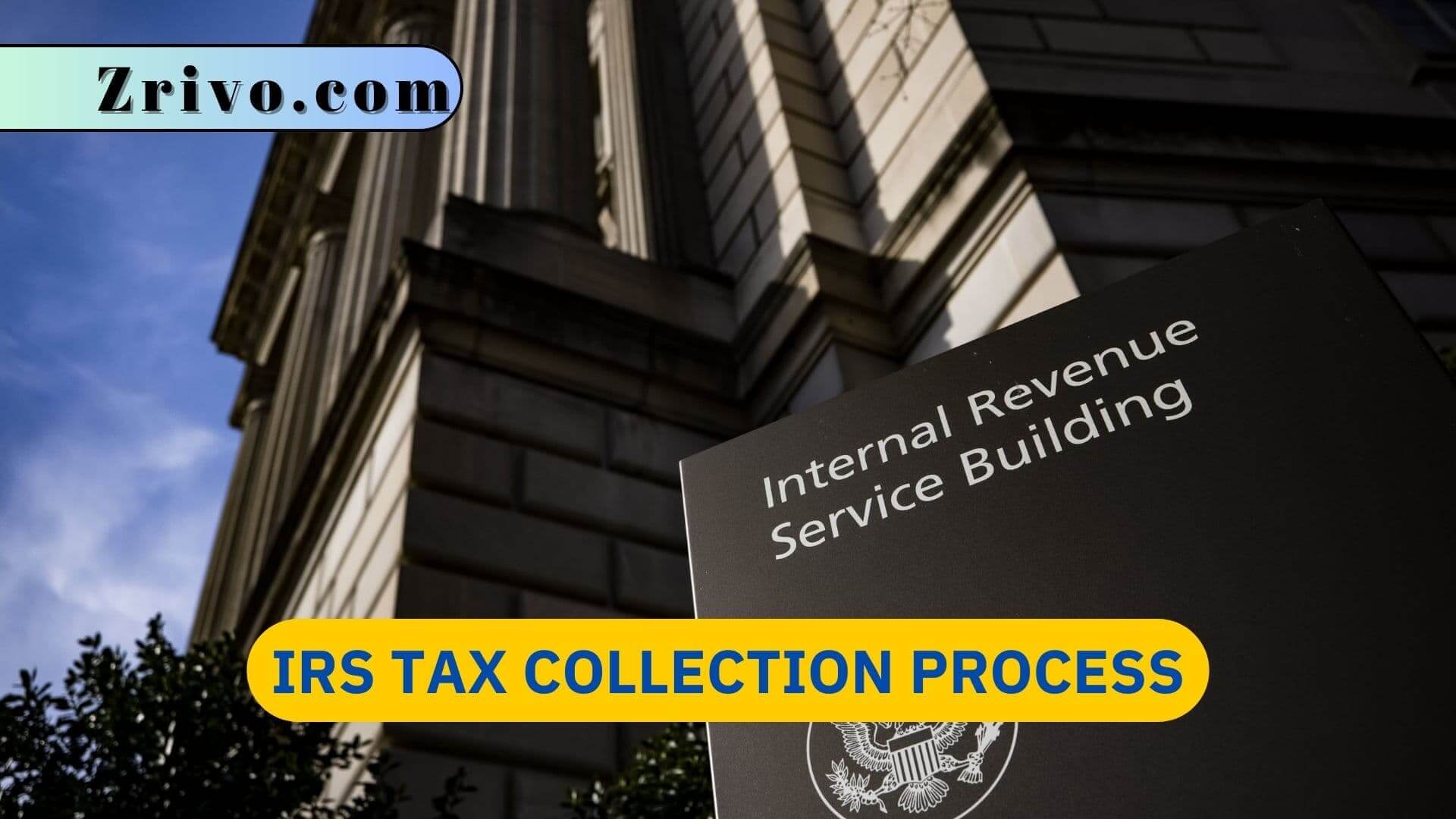
When you have an IRS liability, the IRS will use the carrot and stick to resolve it. As time passes and the liability is unresolved, they will move to more severe collection actions. These can include a bank levy, garnishing your wages, and seizing assets like cars, real estate, investment accounts, and even your house. The most important thing is that you take action as soon as you are aware of the problem or at least as soon as you are in a position to do so. This will mitigate most IRS problems very quickly.
The Statue of Limitations
The amount of time the IRS has to legally collect taxes, penalties, and interest on a tax liability is known as the statute of limitations. In most cases, the statute of limitations on a tax debt is 10 years from the date the return was filed or the tax was assessed, whichever happened later.
However, there are some cases where the statute of limitations is suspended or extended. For example, if you enter into a payment agreement with the IRS, then the statute of limitations is suspended from the date that you agreed to the payment plan. Similarly, if you petition the Tax Court, then the statute of limitations is also suspended. If you are aware that the statute of limitations is close to expiring, then it is very important that you contact a qualified Certified Tax Resolution Specialist (CTRS) as soon as possible to discuss your options.
The closer you are to the statute of limitations, the more aggressive the IRS will be in pursuing your liabilities. Keeping in regular contact with the IRS and ensuring that your communications are clear is critical. In many instances, the IRS will utilize third-party liability collectors with a more aggressive collecting approach. These third parties will send you a letter with a unique collection code on it that is used to identify your account. This code must be used in all communication with the IRS regarding your liability.
The most serious collection measures are when the IRS will sue you for back taxes owed. This is a very complicated process that is best discussed with a qualified CTRS.
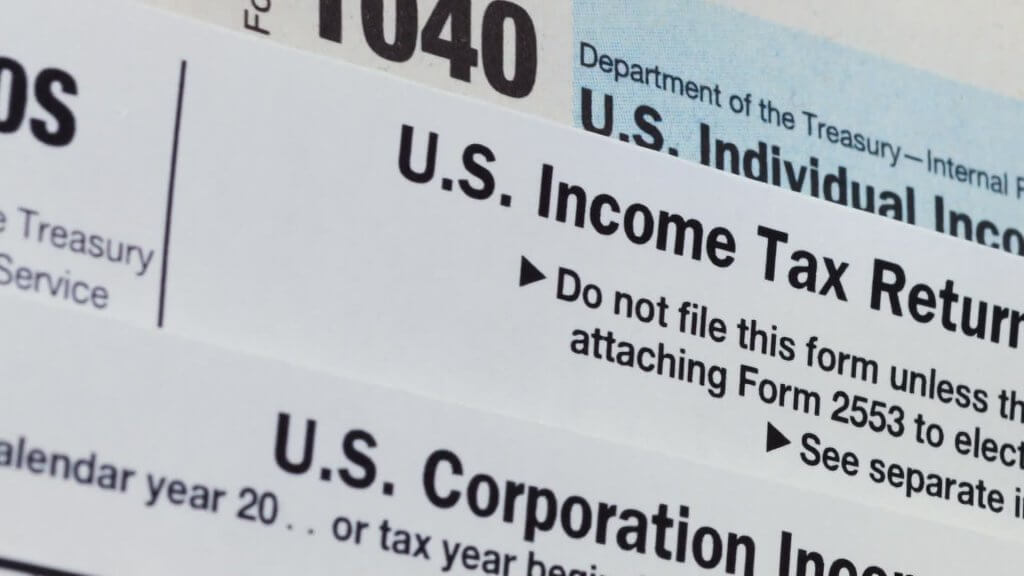
How Does the IRS Tax Collection Process Work?
The first step is to send you a notice of tax debt, which details the overall amount you owe as well as which year it applies to. This also includes any interest and penalties that have accrued. It is always in your best interests to pay this balance as quickly as possible to avoid the added interest and penalty charges.
The notice will include your taxpayer identifying number, which is used to verify that you are the person responsible for paying the tax debt. It will also contain a special collection code, which the debt collector must use to discuss your account when you call. This is an authentication measure to ensure that the IRS is really speaking with you and not someone scamming you for money.
If you do not respond to the notice, the next step will be for the IRS to levy assets and payments, such as wages, bank accounts, Social Security benefits, retirement income, and even future federal and state income tax refunds that would otherwise be paid to you. In addition, a federal tax lien may be filed on your property. This can cause credit problems and is very public.
Eventually, the IRS will send you a letter with detailed information on your financial status and will ask you to fill out a 433 Form. This series of forms asks you for detailed questions about your income and assets. This allows the revenue officer to see your potential options for paying down your debt.
Finally, if you still don’t pay your debt, the IRS can file a lawsuit against you. This is very serious and can affect your rights and your ability to travel or work abroad. It is important to contact a qualified tax professional as soon as you receive a notice from the IRS.
After the COVID-19 pandemic, many of the IRS’s debt collection activities were paused. Now that the agency has more staff and is able to clear its backlog, it’s time to resume collection efforts. But don’t be alarmed: The IRS is very reasonable if you are honest and upfront about your inability to pay your debts. If you are unable to pay what you owe, the IRS can help you set up an affordable payment plan.
